Even when Black women present clear evidence of abuse—photos, court records, police reports—they often face public doubt and ridicule. Recent high-profile cases involving Megan Thee Stallion, Cassie Ventura, and Halle Bailey show a painful pattern: Black women are not believed, even when the facts support them.
This skepticism stems from a deeper issue: misogynoir, or the specific bias Black women face at the intersection of racism and sexism. The public often questions their credibility, motives, or character, no matter how serious or documented their claims are.
This isn’t new. From Anita Hill to Rihanna, from FKA Twigs to Tina Turner, generations of Black women have spoken out about abuse—only to be dismissed or mocked. Many are forced to “prove” their pain repeatedly, often while the accused, especially if powerful or famous, is defended or excused.
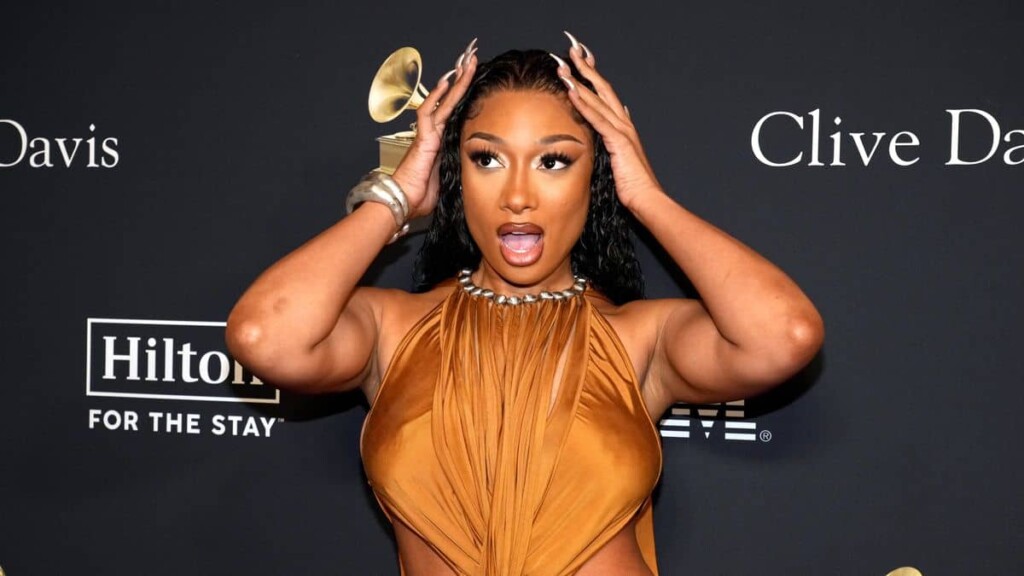
Studies show that Black women face higher rates of intimate partner violence and homicide than any other group. Yet, they are less likely to report abuse, often out of fear that no one will believe them—or that they’ll face more harm if they do.
This disbelief isn’t just personal; it’s structural. Courts, media, and the public all play a role. Too often, when a Black woman comes forward, she’s put on trial instead of the abuser.
Real change requires more than convictions. It takes cultural accountability: believing Black women, supporting their stories, and recognizing the systemic barriers they face. Until then, their truths will continue to be questioned—even when they shouldn’t be.
In short:
We must stop asking Black women to suffer loudly just to be heard. Their pain is real. Their stories matter. And it’s time we listened.


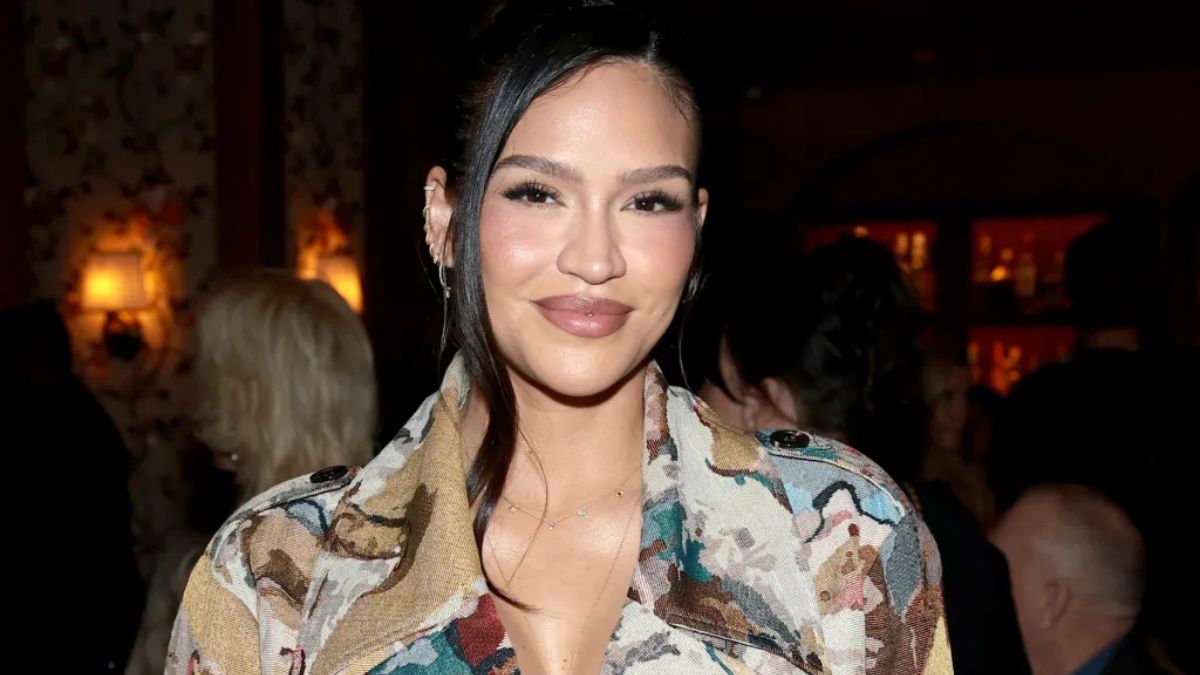




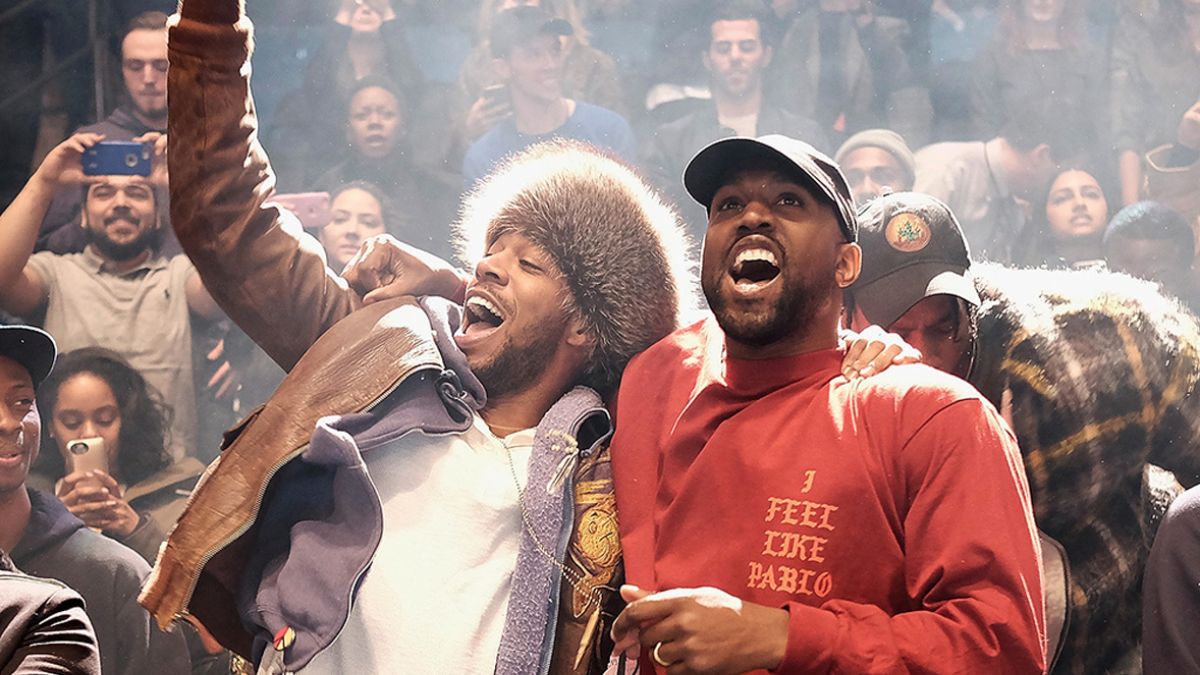
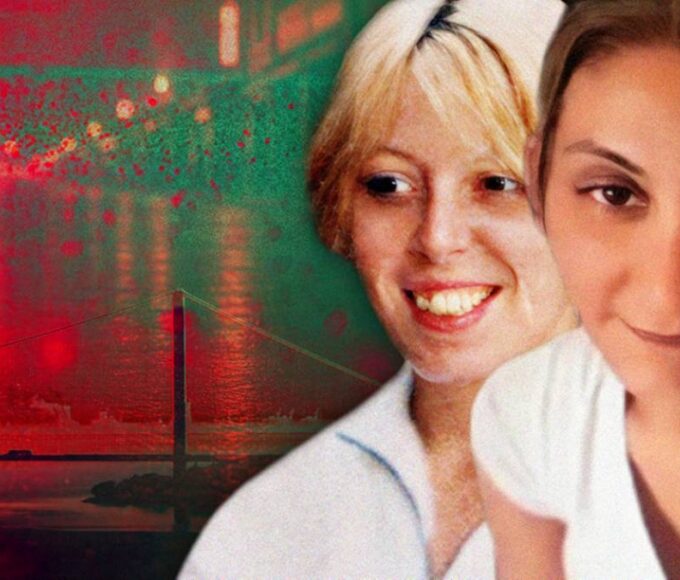
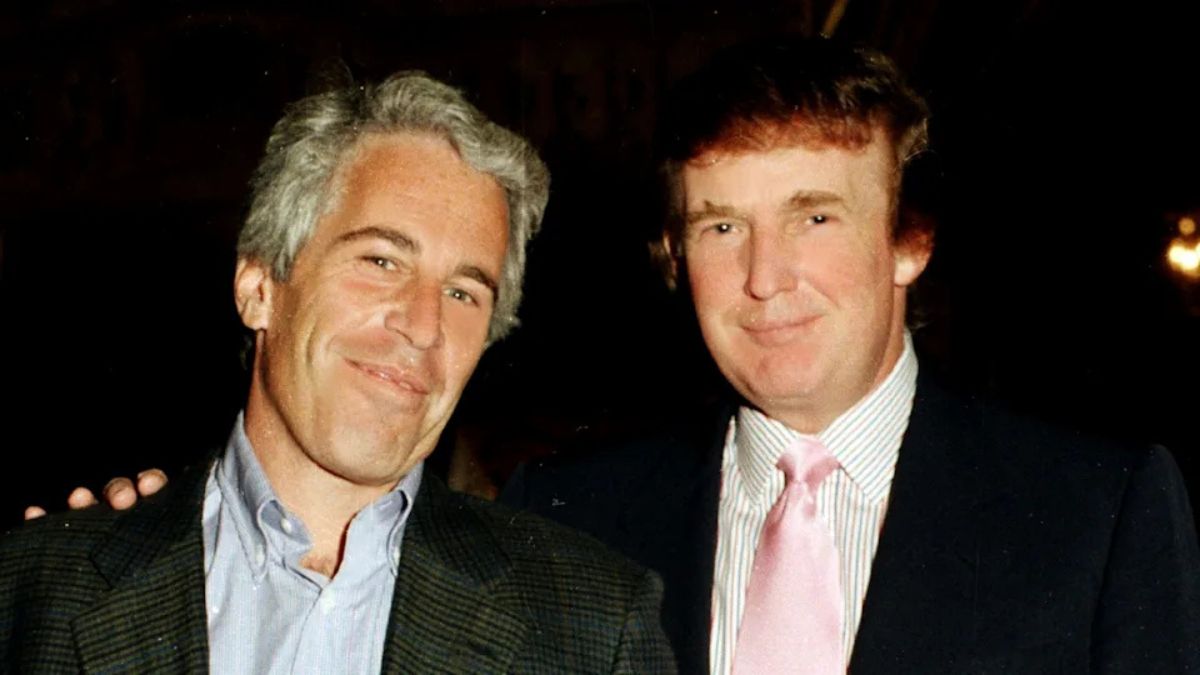


Leave a comment